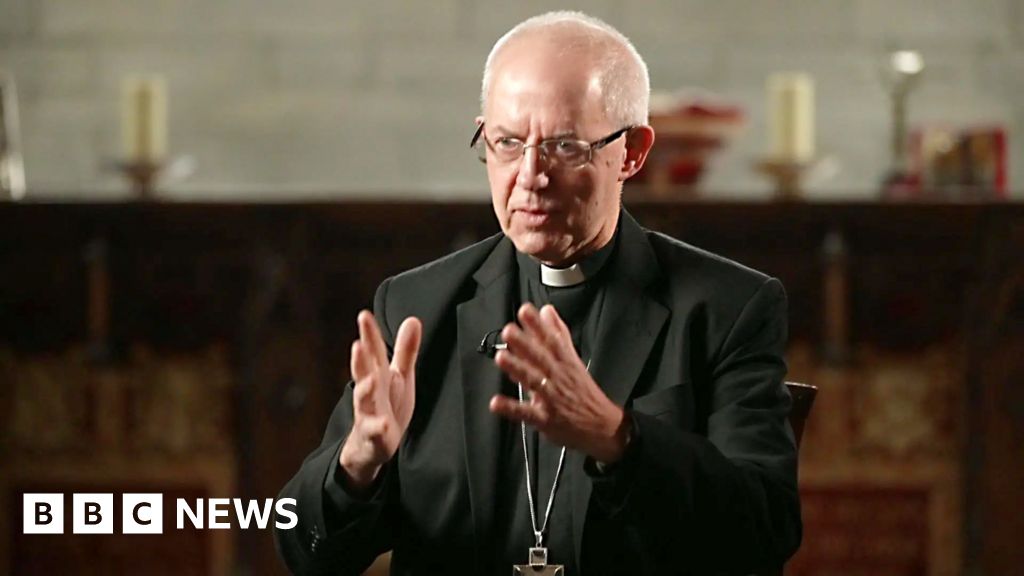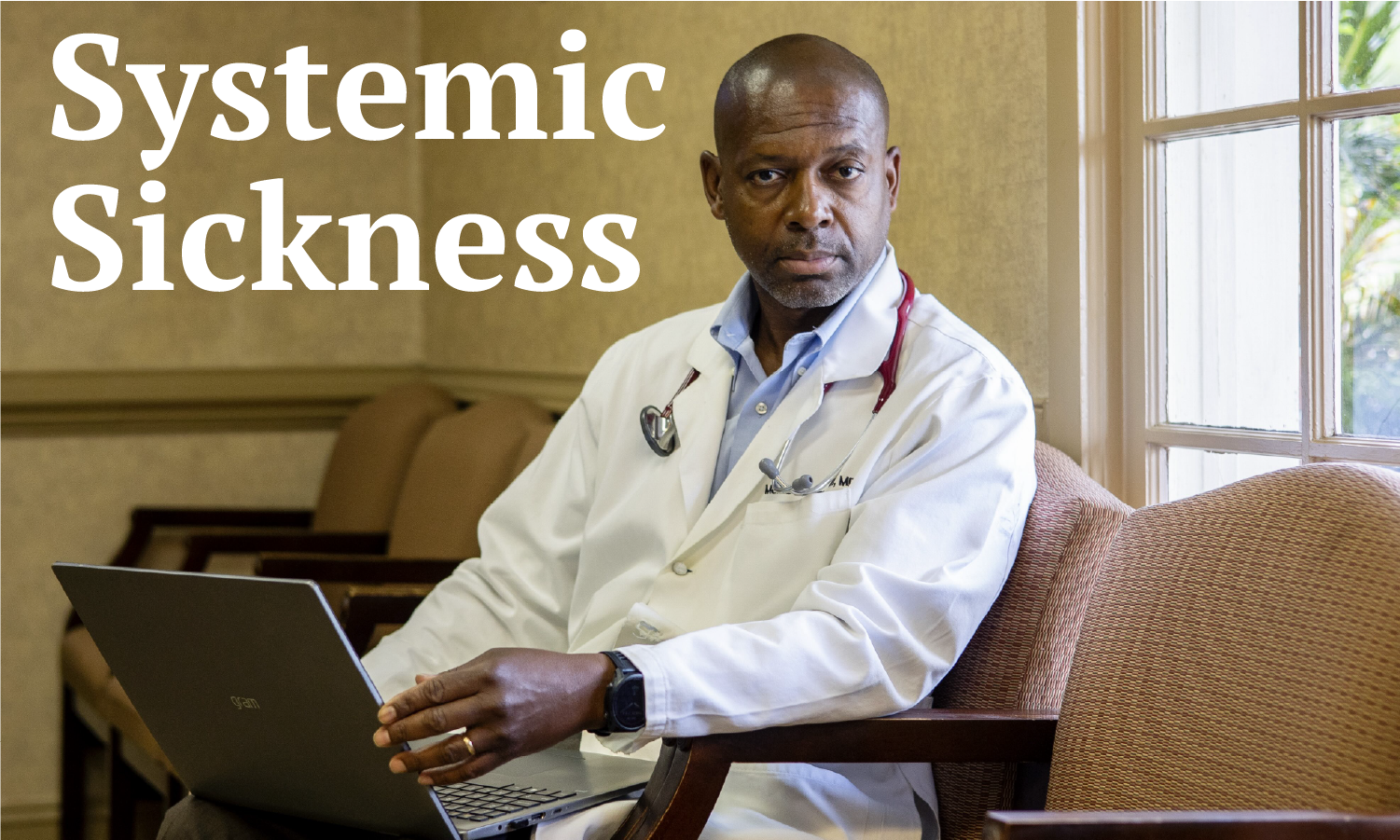Houston Methodist researchers have discovered that certain components of so-called “good” cholesterol — high-density lipoproteins (HDL) — may be associated with an increased prevalence of cardiovascular disease.
Led by Henry J. Pownall, Ph.D., professor of biochemistry in medicine at the Houston Methodist Research Institute, and Khurram Nasir, M.D., M.P.H., a cardiologist and division chief of cardiovascular prevention and wellness at Houston Methodist, the research team is using innovative methods to investigate the role of certain properties of HDL in heart health.
“During routine checkups, adults have their cholesterol levels tested, which includes both ‘bad’ (LDL) and ‘good’ (HDL) cholesterol,” said Pownall, who is the corresponding author on a study that appeared in the Journal of Lipid Research, a monthly peer-reviewed scientific journal established in 1959 and published by the American Society for Biochemistry and Molecular Biology. “Not all cholesterol, however, is born the same. What is not commonly recognized is that each type of cholesterol has two forms — free cholesterol, which is active and involved in cellular functions, and esterified, or bound, cholesterol, which is more stable and ready to be stored in the body. Too much free cholesterol, even if it is in HDL, could contribute to heart disease.”
In pre-clinical studies, the research team discovered that HDL with a high content of free cholesterol is likely dysfunctional. To validate their findings and prove their hypothesis, they are currently at the halfway point of the NIH-funded Houston Heart Study in which they will be studying 400 patients with a range of plasma HDL concentrations. Pownall and Nasir are the co-PIs of the study.
“The most surprising finding from our study thus far is that there is a strong link between the amount of free cholesterol in HDL and how much of it accumulates in white blood cells called macrophages, which can contribute to heart disease,” Pownall said.
While it was previously thought that the transfer of free cholesterol to HDL was beneficial for heart health by removing excess cholesterol from tissues, Pownall said their data shows that in the context of high plasma HDL concentrations, the reverse is true, wherein free cholesterol transfer from HDL to the white blood cells in blood and tissues could actually raise one’s risk for cardiovascular disease.
The researchers say once they reach their immediate goal of showing that excess free cholesterol in HDL is associated with excess cardiovascular disease, they plan to develop new diagnostics and treatments for managing heart disease, as well as use HDL-free cholesterol as a biomarker to identify patients requiring HDL-lowering therapies.
“We anticipate being able to reach our first goal in less than three years, as there are some known drugs that affect free cholesterol in pre-clinical models, so this could be tested in humans if our tests justify the use of these known therapeutics,” Pownall said.
If they are successful, Pownall proposes that they could potentially be able to apply what they learn to patients in a clinical setting as quickly as six years from now.
Pownall and Nasir’s collaborators on this study were Baiba Gillard, Corina Rosales, Dedipya Yelamanchili and Antonio M. Gotto Jr. with the Houston Methodist Research Institute; Miguel Caínzos Achirica with the Hospital del Mar Research Institute in Barcelona, Spain; and Alan T. Remaley with the Lipoprotein Metabolism Laboratory in the Translational Vascular Medicine Branch of the National Heart, Lung, and Blood Institute at the National Institutes of Health (NIH).
This work was supported by grants from the NIH’s National Heart, Lung, and Blood Institute (R01HL149804 and R01HL163535) and by the Houston Methodist Hospital Foundation.


